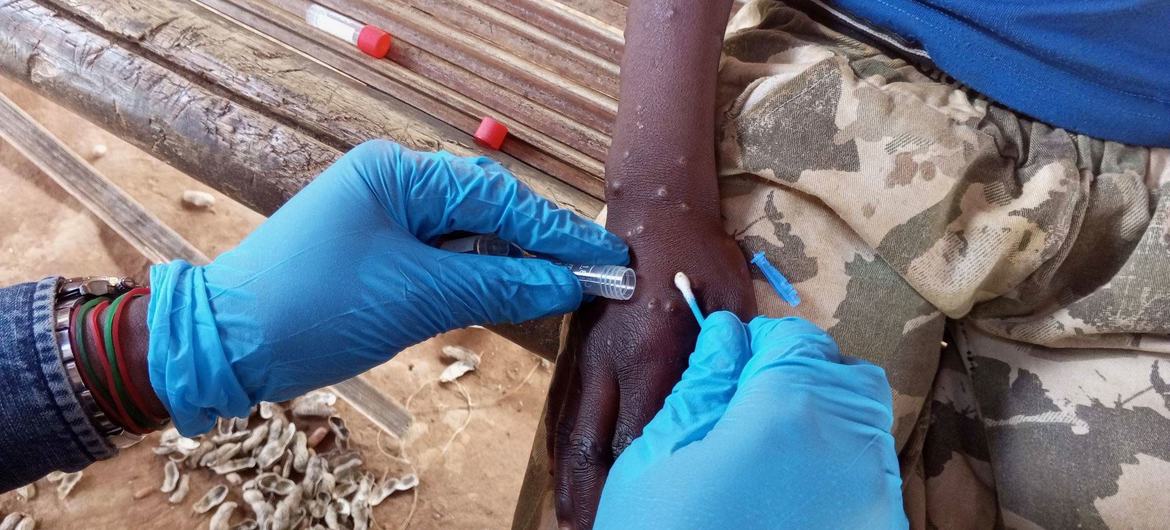

Advertisement
Lilongwe faces rising infections amid dwindling donor support and low public awareness
Malawi’s health authorities are grappling with a growing outbreak of Mpox after three more cases were confirmed in the capital, bringing the national total to 15 since the virus was first detected in April.
According to the Public Health Institute of Malawi, the newly identified patients range in age from 17 to 41. Health officials are investigating how the infections were transmitted and are currently tracing contacts.
The outbreak in Malawi is part of a broader regional concern, with the country now one of 16 African nations experiencing Mpox cases. The situation is made more precarious by persistent vaccine shortages, inadequate laboratory capacity, and limited access to hospital facilities.
“We are working to understand the source and halt further spread,” said a spokesperson from the Public Health Institute.

Advertisement
Experts have warned that the Mpox surge could be worsened by weakened immune systems among people living with HIV, particularly following recent cuts in foreign aid. The U.S. government had previously contributed over $350 million annually to Malawi’s healthcare sector, much of it supporting HIV treatment. However, funding reductions earlier this year have already caused medicine stock-outs and forced patients off treatment regimens.
“Some of those affected by Mpox were immunocompromised,” noted Richard Mvula, a spokesperson for the Lilongwe District Health Office.
UNAIDS earlier cautioned that the aid cuts would have immediate repercussions for HIV programmes in Malawi, including increased vulnerability to other infectious diseases like Mpox.
While most Mpox cases have been confined to Lilongwe, at least one infection has been confirmed in Mangochi District, about 240 kilometers from the capital. This points to the virus’s potential to spread beyond urban areas.

Advertisement
Across southern Africa, Mpox cases are on the rise. The Africa Centres for Disease Control and Prevention (Africa CDC) reports over 52,000 cases and at least 1,770 deaths continent-wide since January. Officials say more than six million vaccine doses are needed urgently, but less than a quarter of that number is currently available.
Advertisement
In Sierra Leone, the virus is spreading at an alarming rate. Patients are reportedly being treated two per bed due to overwhelmed hospitals.
Despite the rising number of infections, awareness of Mpox in Malawi remains worryingly low. In Lilongwe, many residents had never heard of the virus until approached by health workers.
“I only found out from a Ministry of Health official,” said taxi driver Steven Banda. “She explained the symptoms and warned us to be cautious. But I haven’t seen anyone sick in my area.”
Health officials warn that a lack of public knowledge mirrors the early days of Covid-19 in the country, when misinformation led many to turn to unproven herbal remedies.

Advertisement
President of the Society of Medical Doctors, Dr. Victor Mithi, called for heightened alertness among healthcare professionals.
“We need to integrate Mpox screening into routine procedures,” he said. “This virus can spread rapidly in our communities, especially where people live in close quarters and practice physical greetings like handshakes and hugs.”
Dr. Mithi added that although the country gained valuable public health experience during Covid-19, the healthcare system’s current state—strained by resource cuts—is a major concern.
“Without sustained support, especially following the pullout of U.S. aid, we’re operating in survival mode,” Mithi said. “More than half of our healthcare funding comes from donors, and the bulk of that was from the United States. Our system is vulnerable.”
